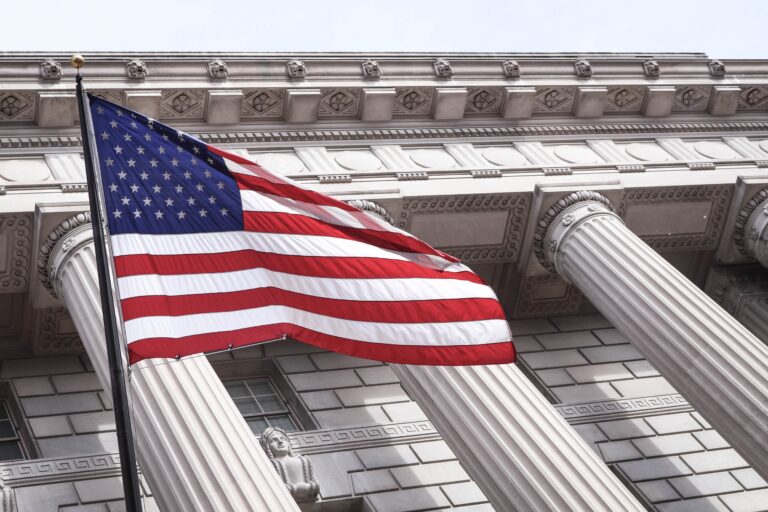
Morning Brief – What happens if the US defaults?
What happens if the US defaults?
Whilst much of the financial world is focussed upon the potential for US default, it is hard to analyse the outcome of such an unprecedented event. The answer is that until it happens, we simply don’t know exactly what the outcome would be. However, there are many likely knee-jerk and some longer-term market and economic consequences that seem highly likely should such an event occur. During the period in which concerns have been rising regarding the potential inability to resolve the debt ceiling, we have experienced an environment of relative Dollar strength. That might seem counter intuitive that markets flock towards the currency of the very country whose fiscal security is in question. However, due to the dollarisation of the financial world and the role of US cash as a safehaven, it is likely that the event of a default would continue to see the Dollar appreciate.
Within the wider FX market, we would likely see volatility rise and spreads widen across all products. We would also expect the divergence between the valuations of those currencies considered as safe havens and those typically ascribed a higher risk profile to grow. Outside of FX, equities would be worst hit with bond prices also suffering. It is likely that some exceptions to prove the rule emerge with a select few non-US governmental bonds taking the proxy for the risk-free return. US default would result in such a huge shock to the financial world that it is likely that even in a high inflation environment monetary and economic stimulus would be ushered in across the world.
The sudden adjustment to reintroduce monetary and economic stimulus would in turn create its own challenges for the market. A widespread sell down to meet margin calls in the worst affected assets would lead to further volatility. Whilst it is worth appreciating the rather gruesome picture that we might experience should the US default on its debt, it is also of note that the likelihood of realising such an outcome appears extremely small. Comments from the President yesterday, echoed by the Speaker of the House of Representatives Kevin McCarthy, have reassured markets that a default is not expected. A slightly weaker US Dollar and stronger equity prices following the announcement confirm the market is removing at least part of its brace for a potential US default with confidence growing that the US government will resolve the debt ceiling impasse.
Discussion and Analysis by Charles Porter

Related Insights

Daily Brief – Oil Price
Oil Price Pre TT or Trump Tariffs, the oil price seesawed around but mostly reverted to its mean over a few trading sessions unless a major piece of economic, political or trade news arose. All that has gone out of the window with steady declines in session after session, so in case you have been […]

Daily Brief – Stagflation USA
Stagflation USA This is the spectre confronting Federal Reserve Chair Powell and the wider USA. It is unusual simultaneously to have both rising unemployment and higher prices with the consequence of rising inflation, but that is where the USA stands today, in the face of the TT or Trump tariffs. Unsurprisingly, despite POTUS offering his […]

Daily Brief – Asia on Fire
Asia on Fire The TWD or Taiwan Dollar has scarcely featured in most FX traders’ consciousness until the past four weeks, when the NTD has roared up over 10%. The Korean Won has managed a respectable 6%, the Thai Baht and the Malaysian Ringgit 5% and the Singapore Dollar 4%. So what’s behind it? The […]



 Humphrey Percy
Humphrey Percy